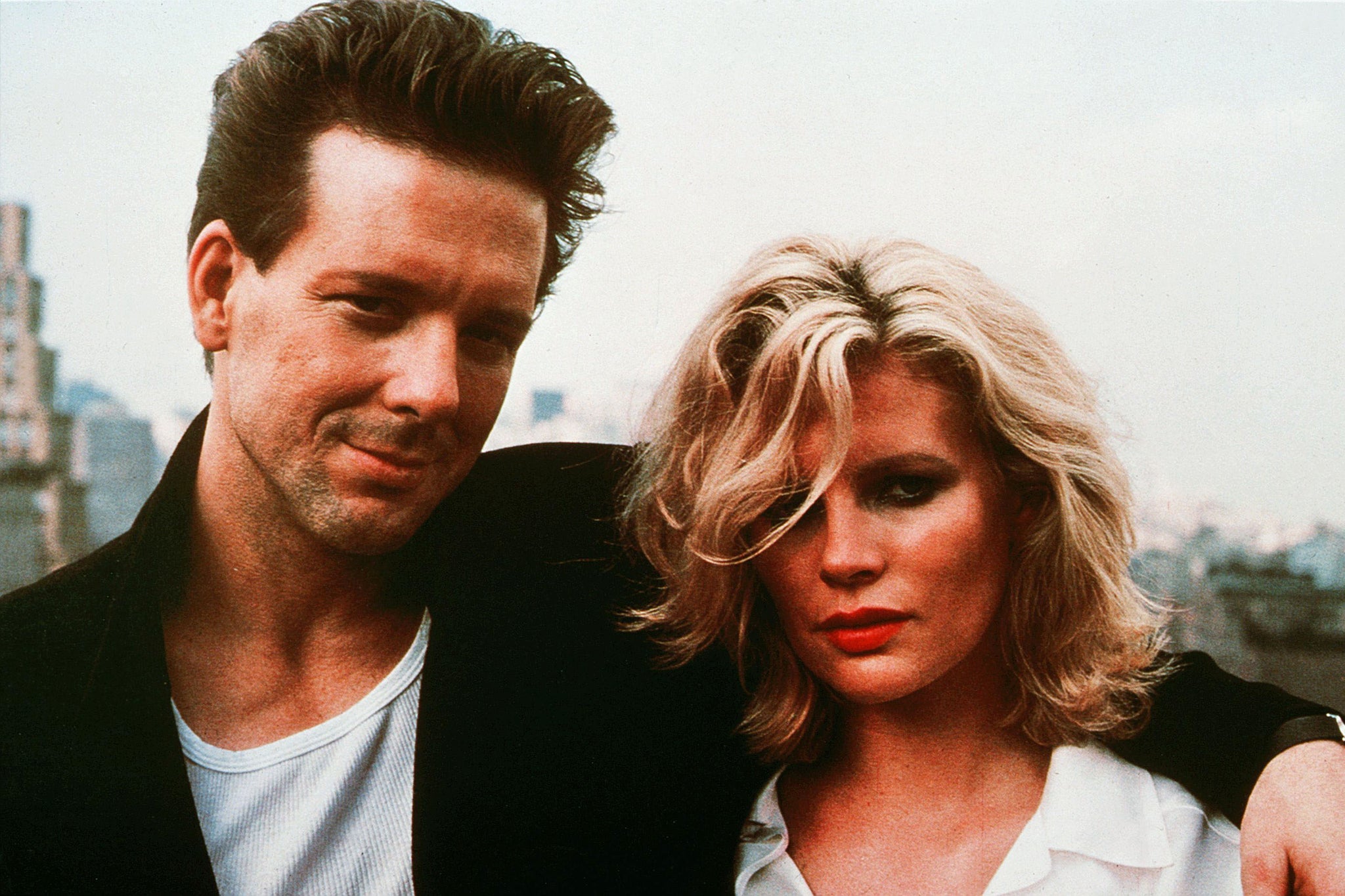The strangest thing about Mickey Rourke’s much-rumoured appearance on next week’s Celebrity Big Brother is that it hasn’t happened already. Few legitimately famous people feel more appropriate for a series that has spent 24 years rounding up the odd ducks of pop culture and throwing them into a house together.
The show has long platformed a particular strain of US celebrity, of which Rourke is a card-carrying member. It’s best embodied by figures such as Tara Reid, Gary Busey, Kirstie Alley and Stephen Baldwin – individuals whose early recognition as actors had long migrated by the time they entered the house, their celebrity ultimately defined by tabloid scandal and odd prurience. Was it Busey’s acting work that made him Big Brother material, or his oversized veneers and history of addiction? Reid had American Pie to her name by the time she took part in the show, but also tales of LA club-hopping and plastic surgery gone awry.
Rourke is only different because he’s fallen from a far higher place. An Oscar nominee in 2009 for The Wrestler, a moody redemption tale from Darren Aronofsky that should have sent his career stratospheric again, Rourke has never been one for professional self-preservation. His default mode is chaos, each lucky break trailed by a litany of bad decisions: early film stardom (9½ Weeks, Diner, Rumble Fish) upended by poor personal behaviour, comebacks (an Enrique Iglelias pop video, Sin City) that didn’t pan out, a face repeatedly broken and stitched back together due to his venture into boxing. Of course he’s rumoured for Celebrity Big Brother. The show exists for people like him, whose proclivity for destruction is only matched by our eagerness to gawp.
If CBB bosses are expecting some of that tension, though, they may be disappointed. The Rourke of today is by all accounts a sensitive soul, a man calmed by time, whose relentlessly updated Instagram is dominated by pictures of his dogs, pictures of wolves and near-daily tributes to icons of masculinity: Muhammad Ali, Steve McQueen, Bruce Springteen. He regularly spotlights the horrors currently being inflicted upon Gaza, shares AI-generated images as egregiously as your grandmother on Facebook, and talks about the past with an endearing wistfulness. “Back in the day,” he captioned a photograph of himself and David Bowie in November. “Really miss his company.”
It’s easy to envisage a Rourke win on the show, and certainly a renewed interest in both him and his work. But the trouble with Rourke has never been the comeback itself and more the follow-through. Hollywood has always made space for him – first when he was a handsome and laconic twenty-something playing bad boys and scoundrels at the turn of the Eighties, then when the hot young directors of the Nineties and Noughties (among them Quentin Tarantino, Robert Rodriguez and Jonas Åkerlund) wooed him back for gruff, memorable supporting roles in films including Once Upon a Time in Mexico and Spun. And then much later, in 2008, when the brutish vulnerability he exuded in The Wrestler suggested a renaissance. Instead he made a Marvel film in 2010 (the risible Iron Man 2) that left most of his scenes on the cutting room floor, then burnt further bridges on his way down to straight-to-DVD hell, admitting that he had made numerous post-Wrestler movies “for the money” and didn’t think they were any good. His recent credits include films with titles like Murder Motel and A Hollywood Heist, and a (non-alliterative) movie directed by Roman Polanski that’s yet to find distribution in the UK or the US.
“I remember looking at myself in the mirror and thinking, look at what happened to you,” he said in 2003, around the time of Once Upon a Time in Mexico, in a New York Times profile titled “Mickey Rourke Is Sorry. Very, Very, Very Sorry.” “I had blown everything, you know? I lost my credibility, my marriage, my money, my soul. I said to myself, you’ve got to change. And I realised that the acting was the only thing I had left.” Similar expressions of regret occurred in 1997, when he filmed small roles in Francis Ford Coppola’s The Rainmaker and Vincent Gallo’s cult indie Buffalo ‘66, and then later on the heels of The Wrestler. He can’t help himself.

If there is a danger to appearing on Celebrity Big Brother, it’s that stars can become crystallised in the British psyche as damaged, or vulnerable, or the wrong kind of eccentric. Sometimes a combination of all three. It was abidingly clear that the Austin Powers actor Verne Troyer had a severe drinking problem when he appeared on CBB in 2009 (his death in 2018 was ruled a suicide via alcohol intoxication), and I remember feeling uncomfortable at times watching Reid on the show, and later the media personality Lauren Harries, and the former Baywatch actor Jeremy Jackson. All of them came across as slightly sad, paranoid and confused, individuals clinging onto memories of their early fame and now stranded in the smoking area of a house in Borehamwood.
It’d certainly be bleak to see Rourke endure a similarly vulnerable stint on the show, but it’s also in keeping with a man who’s never made things easy for himself. The least we can do, if he is to join the house on Monday, is to treat him kindly.
.jpeg?trim=0,0,0,0&width=1200&height=800&crop=1200:800&w=1200&resize=1200,0&ssl=1)